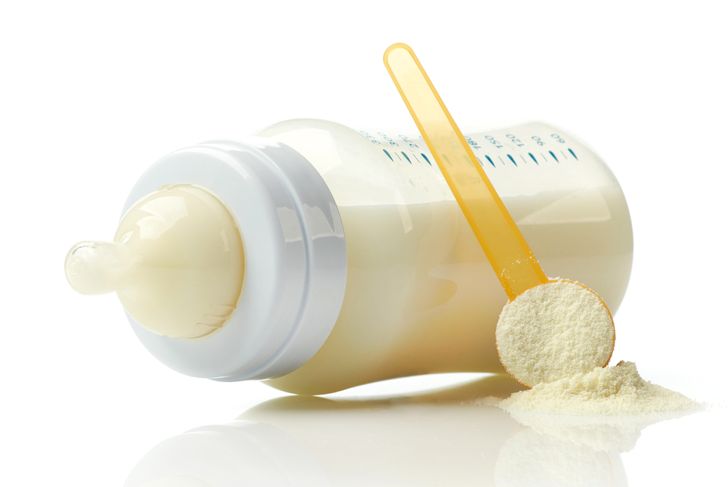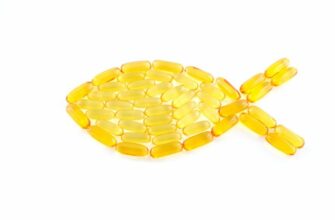Whey protein is one of two proteins that are found in milk. It can be separated from the second protein and formed while making cheese. The end product is low in lactose and contains all nine essential amino acids. It is popular in the fitness world as it is often used in powder form to aid in weight loss and bodybuilding. It has several health benefits when used properly. People who are allergic to milk or overuse products containing whey protein may find themselves with unpleasant side effects.
How It’s Made
There are two types of proteins found in cows milk: casein and whey. The major difference between the two is that whey is digested quickly and casein is digested slowly. During the process of making cheese, the whey is separated from the casein when curds form leaving the whey protein behind as a liquid. The liquid whey is then pasteurized and dried into a powder form. It is this powder form of whey that is used to make several different products that most are familiar with.
Essential Amino Acids
Amino acids are compounds of nutrients that are found in foods and the body. They are important building blocks of the protein that’s necessary for normal function of the body. The body can’t produce nine essential amino acids. These amino acids have to be ingested by eating foods that contain them. Meats, dairy products, beans, and seeds all contain these essential nutrients. Supplements in powder and pill forms can also be found. Whey protein is a big deal because it contains all of these essential amino acids.
Health Benefits
Whey protein is considered to be one of the best dietary sources of protein available. The high-quality protein provides many nutritional benefits. It can help maintain and build the muscle mass that usually declines with age. Studies have also shown that whey protein can help lower blood pressure when used as supplementation to a healthy diet. It can also aid in moderating blood sugars in people with diabetes.
Forms of Whey Protein
Whey protein powder is the most commonly used form. It can be mixed with milk, added to smoothies, or added to your morning cereal. Whey protein is sold in three forms: isolate, concentrate, and hydrolysate. The main difference is the way they are processed. Isolate is the most common and contains less fat and lactose than the others. Whey concentrate is considered to be the best because it is the closest to natural whey with its nutrient retention. Hydrolysate is absorbed fast because it is pre-digested and causes a larger spike in insulin levels. In addition to powder, whey protein can be found in meal bars, snack bars, and other nutritional supplements.
Whey Protein In Foods
Whey is made from dairy, so it’s found in many dairy products. Ricotta cheese has the highest whey content since it is made from whey. It can also be found in yogurt where it is also backed by important probiotics. Sweet whey is formed in cheeses like cheddar, mozzarella, and swiss. It is also found in cow and goat milk.
Weight Loss Aid?
Whey protein is a popular supplement that is used to aid in weight loss by many. Studies have shown it to improve fat loss and muscle retention, particularly in women, and helps to keep the stomach feeling full. Its complete nutrient package can be used as a meal replacement for one or more meals during the day. It can be consumed before a meal to help fill the stomach and prevent overindulging.
Aids in Weight Gain
Whey protein is often used as a way to add calories for those who are trying to gain weight. It can be added to milkshakes, smoothies, or mixed with peanut butter for a high-calorie snack. Many bodybuilders use whey to help bulk up. The protein is quickly digested and absorbed by the muscles allowing them to increase in strength. Shakes before an intense workout can add to endurance and energy during exercise, and shakes after can help the muscles recover.
Medical Uses
Medical professionals have also recommended whey protein for the treatment of certain issues. Some people suffer from illnesses and disease that make eating difficult. Whey protein powder is often used to prevent malnutrition in these patients. It has also been proven to help in wound recovery and people suffering from burns. Hydrolysate has shown to reduce an infants risk of developing eczema when given instead of regular formula. It has also shown to reduce high-risk infants from developing an allergy.
Is it Safe?
As with everything, moderation is key with any supplementation. Too much whey protein has been associated with unpleasant digestive symptoms. Bloating, gas, diarrhea, and stomach pains can occur with overuse. People who are lactose intolerant need to take caution to reduce symptoms and should choose Isolate because of its low lactose content. Some people think ingesting too much protein is harmful to the body. This is only true in people with compromised kidneys. Overall, whey protein is considered to be a safe supplement when taken as directed.
Possible Interactions
Whey protein is considered safe for consumption with few precautions. There are a few medications, however, that have certain interactions. Albenza is a medication that is used to treat parasitic infections such as tapeworm. Whey protein should not be taken with this medication since it can delay the effects or even make it ineffective. It has also been known to disrupt the absorption of medications like osteoporosis medication Fosamax and antibiotics like tetracycline.

 Home
Home Health
Health Diet & Nutrition
Diet & Nutrition Living Well
Living Well More
More




















